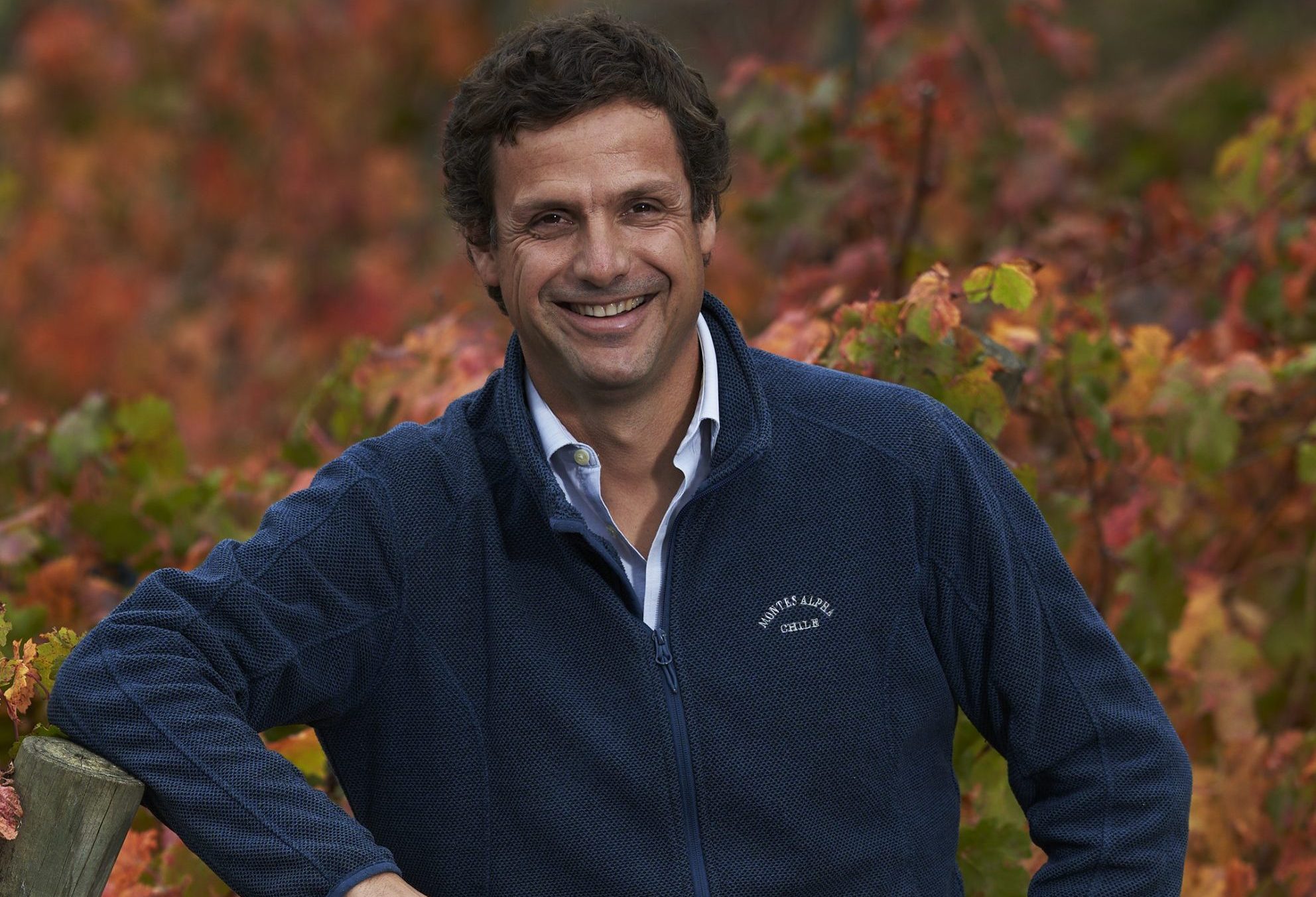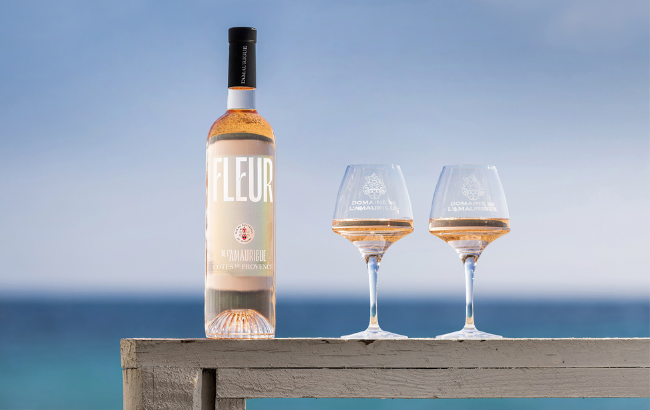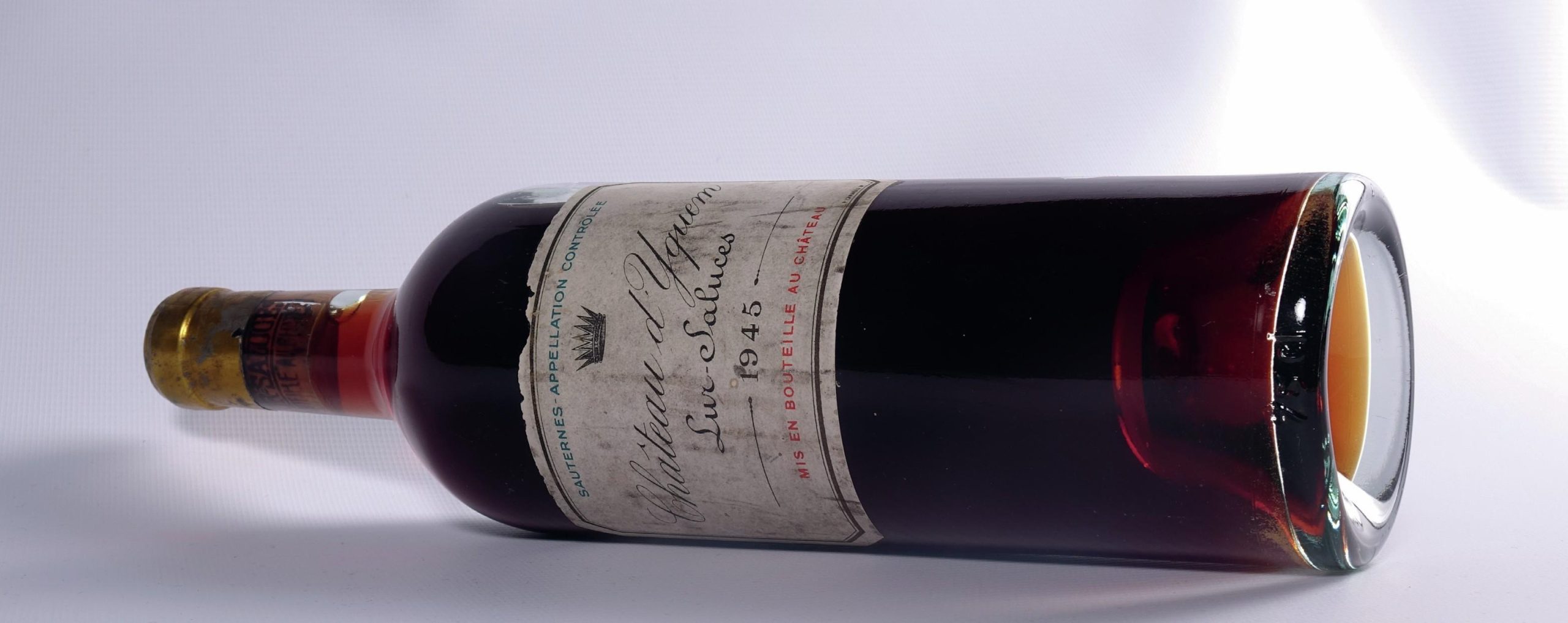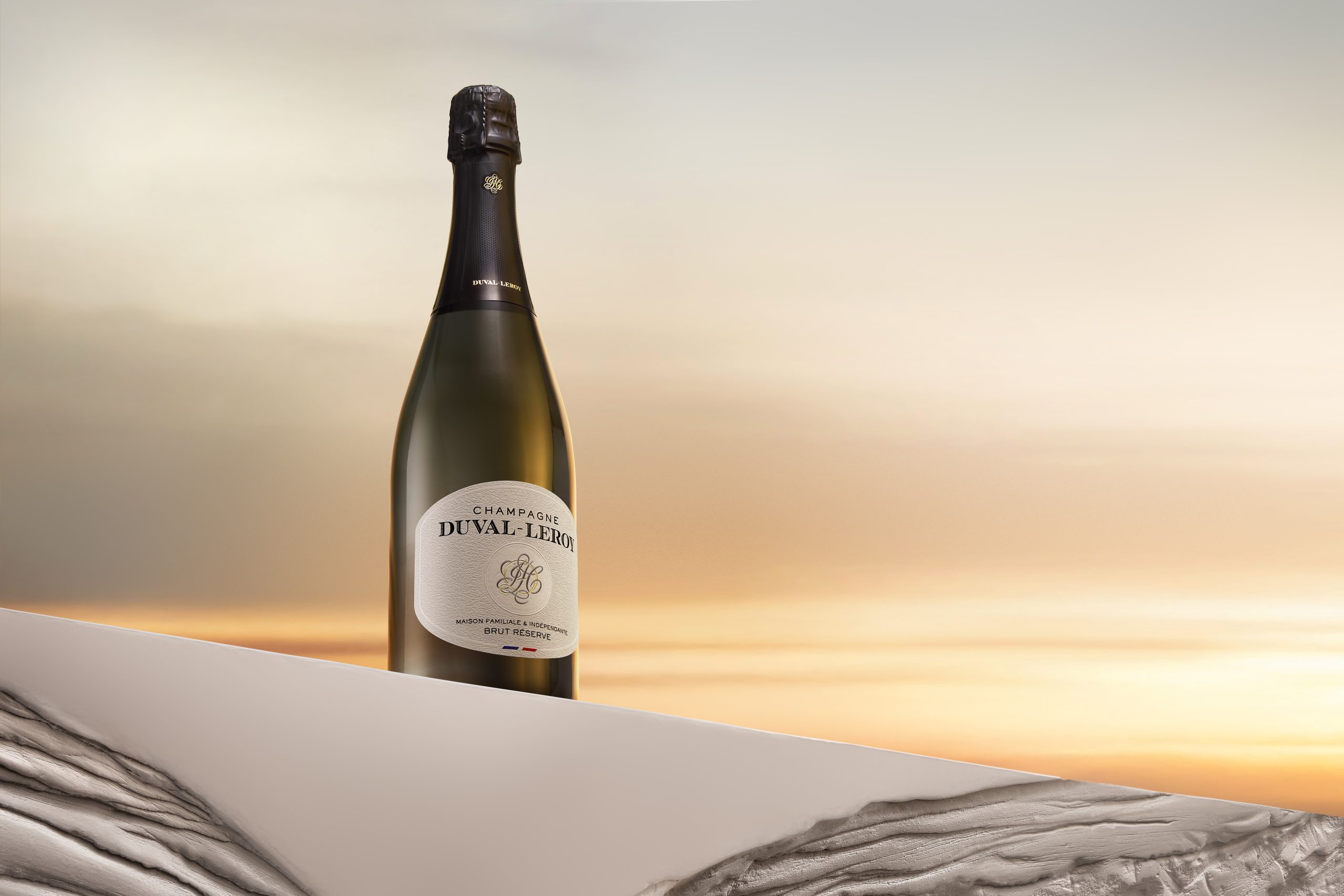Eric Cantona’s Kronenbourg ads banned
A series of adverts for Kronenbourg 1664 have been banned by the Advertising Standards Agency (ASA) for falsely implying that the brewing and all of the hop production takes place in France.
The Advertising Standards Authority (ASA) warned parent company Heineken UK about its emphasis on the beer’s connection with France after receiving two complaints about a press advertisement and a television ad starring former Manchester United footballer and French actor, Eric Cantona.
The press advertisement in question read: “If you find a better tasting French beer, we’ll eat our berets.
“The French know a thing or two about taste. That’s why Kronenbourg 1664 is always brewed with the aromatic Strisselspalt hop for a taste supreme” with small print in the bottom corner stating “Brewed in the UK”.
In the television advertisement Cantona, is heard to say: “Here in Alsace, things are a little bit different.
“The hop farmers are treated like the footballers of Britain. They are idolised and adored. And why not? They are living legends. They are the men that grow the noble hops that make Kronenbourg the taste supreme.”
Both advertisements included small print which read: “Brewed in the UK”.
Complainants said that the ad misleadingly implied that Kronenbourg 1664 was brewed in France and that the hops used to produce the beer were grown in France.
Responding to the claims, Heineken UK Ltd said that despite being brewed in the UK, Kronenbourg 1664 was an “inherently French beer” which had first been brewed in 1952 in Alsace by Brasseries Kronenbourg.
A spokesperson said the beer was brewed in the UK using a French recipe in a process supervised and approved by Brasseries Kronenbourg and that the beer’s “Frenchness” was an “integral part of the brand” that had been regularly communicated to its consumers.
Partner Content
It also argued that to the “best of their knowledge” the Strisselspalt hop, used to brew the beer, was only grown commercially in Alsace, France, where it had been the major hop produced since 1885.
However the ASA did not agree concluding that “the degree of emphasis in the ad on the connection with France would lead consumers to believe that the entire brewing and manufacturing process took place in that country”.
The ASA ruled that the ads must not appear again in their current form, telling Heineken UK to “take care not to emphasise a connection with France to the extent that their ads implied that Kronenbourg 1664 was brewed in France, or that all or most of the hops used in the recipe were grown in France.”
In response to the banning of the ads, Nigel McNally, former MD of Wells & Young’s, now MD of Brookfield Drinks Ltd, said that British drinks were being misled.
He said: “Consumers want a premium lager beer with genuine provenance – how can American, Continental or other World beers claim provenance when they are brewed not in their country of origin but in the UK?
“Britain has been an expert in brewing lager for 30 years under the guise that the brew wasn’t British but from abroad, which of course, isn’t the case.
“Kestrel Premium Lager is British with genuine provenance through its Scottish origins and offers traceability in that we only use Scottish barley and water from a local natural source.
“The big brands claiming provenance offer no traceability of ingredients because cost is the lowest common denominator – sourcing where they can to get the lowest price.”





Who is Nigel McNally trying to kid? Kestrel Premium Lager “provenance ” and “traceability”? Has something changed in the last thirty years? When I was young few of the drunks in the local park, who were the main consumers of Kestrel, cared about provenance and traceability. They were more concerned with the price / ABV ratio – how times have changed amongst the underclass…
Surely by stating (albeit in small print) ‘Brewed in the UK’ Heineken are doing their bit to not mislead consumers? Also, consumers of huge brands such as 1664 should logically think that it may be more commercially viable for products to be produced in the country they are to be sold in. If i want a product with genuine ‘provenance’ I am not going to choose a mass market product.
Furthermore, the ad itself by Heineken is actually rather refreshing, humorous and engaging – it should be complimented not condemned.